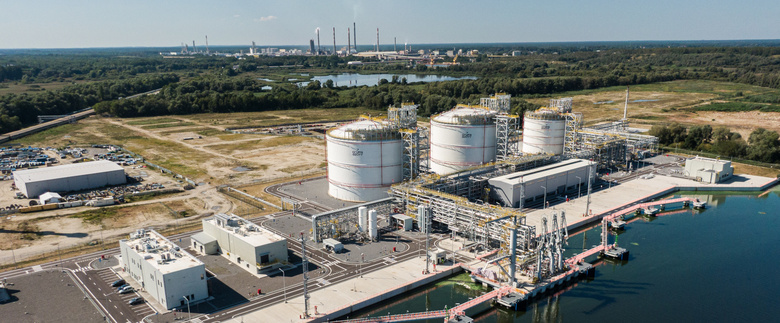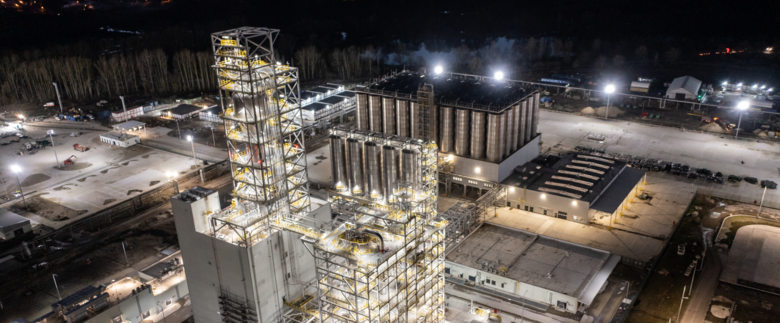
On 30 December 2025, Grupa Azoty Polyolefins filed a statement of claim in arbitration proceedings with the Vienna International Arbitral Centre (VIAC) at the Austrian Federal Economic Chamber against Hyundai Engineering Co., Ltd. The dispute concerns the performance of the contract dated 11 May 2019 for the comprehensive execution of the Polimery Police Project. The claim covers demands with a total value of up to EUR 2.98 billion, arising — in the Company’s view — from the contractor’s failure to perform its contractual obligations, which resulted in the project not being completed.

On 23 December 2025, Grupa Azoty, together with Nutrien, a leading Canadian supplier of potash, signed a supply agreement valid until 31 December 2027 for the delivery of potash used in the production of NPK compound fertilizers at the Police and Fosfory plants. For Grupa Azoty’s customers, the contract translates into consistent, guaranteed quality of compound fertilizers and stable market supply.

Grupa Azoty has submitted a counteroffer regarding the acquisition by ORLEN of shares in Grupa Azoty Polyolefins S.A. (GAP). The value of the counteroffer is identical to ORLEN’s offer and amounts to PLN 1.022 billion. The counteroffer remains valid until 28 March 2026 and—like ORLEN’s offer—assumes completion of the transaction by 30 June 2026.

The Management Board of Grupa Azoty Polyolefins, a subsidiary of Grupa Azoty, has decided to initiate restructuring proceedings under a Restructuring Approval Procedure (PZU), with the arrangement date set for 28 November 2025. This decision follows the company’s loss of ability to service its current liabilities and was preceded by an analysis of available corrective tools intended to enable the company to continue operating.

In the first three quarters of 2025, Grupa Azoty recorded revenues of PLN 10.04 billion, an increase of approx. 2.1% compared with PLN 9.83 billion in the corresponding period of 2024. The Group’s EBITDA improved from PLN -299 million to PLN 312 million, representing an increase of PLN 611 million. EBITDA excluding Grupa Azoty Polyolefins improved from PLN -186 million to PLN 346 million, an increase of PLN 532 million.

In the third quarter of 2025, Grupa Azoty generated estimated consolidated revenue of PLN 2,894 million and EBITDA of PLN 391 million, corresponding to an EBITDA margin of 13.5%. Compared with the same period of 2024, consolidated EBITDA increased by PLN 511 million, and the EBITDA margin improved by 17.4 percentage points. Improvements in EBIT and EBITDA were recorded across all operating segments.